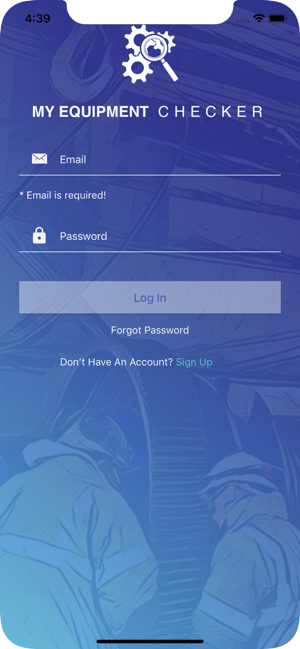價格:免費
更新日期:2020-04-09
檔案大小:45.1 MB
目前版本:1.1
版本需求:系統需求:iOS 9.0 或以後版本。相容裝置:iPhone、iPad、iPod touch。
支援語言:英語

There are certain health and safety regulations which stipulates that users or specified persons must check work equipment prior to its use and to ensure that it is fit for purpose.
We understand users do not want to spend a long time filling in paperwork - so this app has been created to aid users who can quickly document their pre-use inspections. Creating a record that can not only be saved in the app but also emailed to a destination of their choice, such as a manager, so they can carry out the required corrective action.
Customise and create your own safety checklist! If the pre-defined check lists do not suit your specific needs, you can create your own checklist!
Should anything go wrong, this record keeping system will help prove that the user had been proactive in checking and ensuring their work equipment is in good order without compromising the safety or integrity of the piece of work equipment.

Inspections have the ability to include item description but also include a photo of the item too - a picture paints a thousand words!
Users can use the traffic light pass (green), pass with observation (amber) or fail (red) buttons to clearly identify the condition of the work equipment being inspected. Remember - never use faulty or safety compromised work equipment!
This app is an aid for users to help fulfil the requirements of these safety regulations. The user would need to determine all elements have been inspected as per the manufacturers recommendations, including the frequency of inspection. This may be daily, weekly, monthly, annually, etc.
Where plant or machinery cannot be turned off or isolated due to prolonged use, the user may wish to carry out visual or limited inspections, checking as many safety aspects as possible, and carrying out full inspections during a shut down.

All elements (where applicable) of the inspected equipment must be in good serviceable order without compromising the safety of its use. Remember to follow your risk assessments, training and wear the correct personal protective equipment (P.P.E) for the equipment you use.

